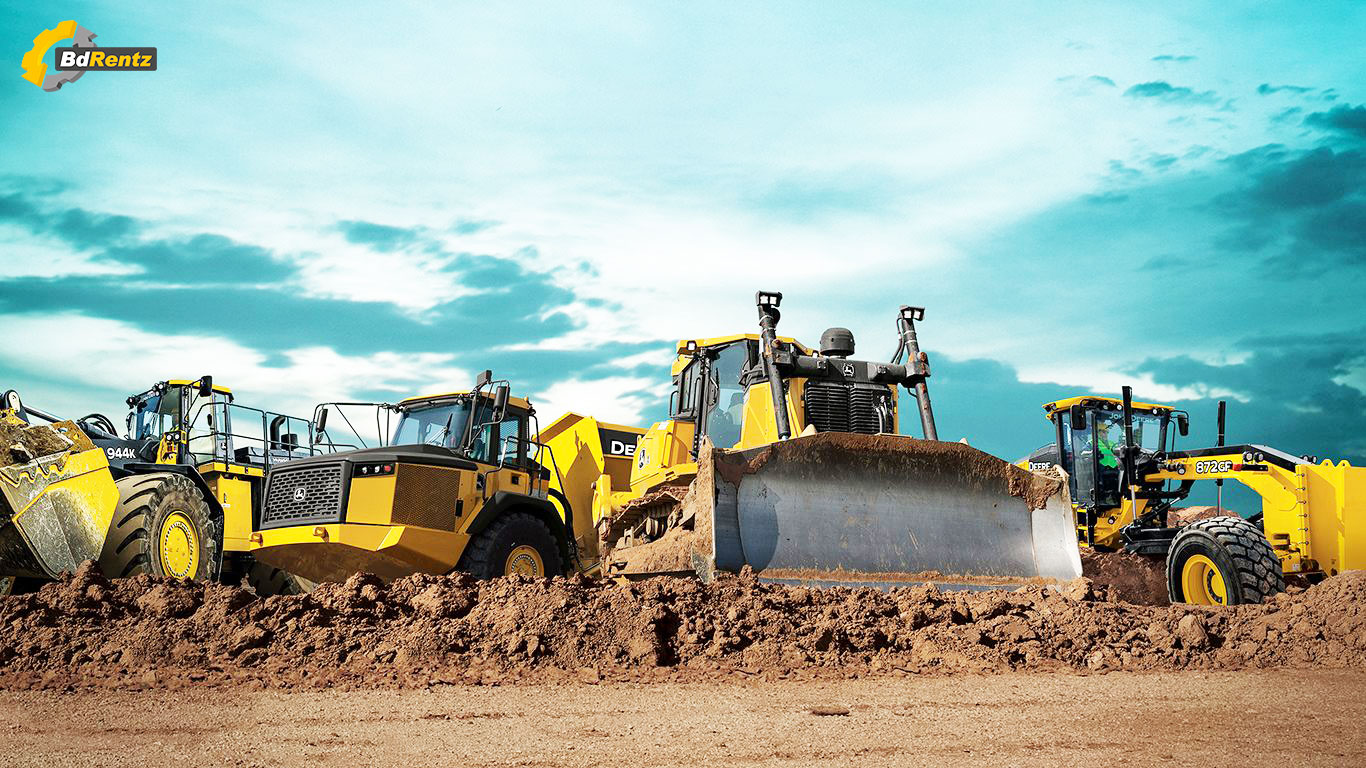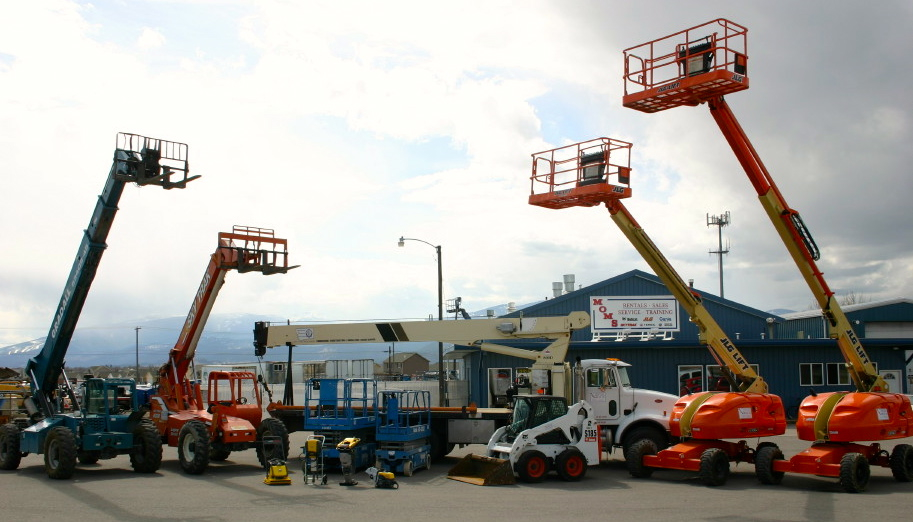Optimize Your Spending Plan by Understanding the Prices Associated With Building Tools Rentals
Comprehending the complete extent of expenses linked with building and construction devices services is important for optimizing your budget. What techniques can be utilized to successfully take care of these costs and make certain a more reliable rental experience?
Overview of Rental Costs
When considering building tools rentals, recognizing the connected prices is vital for reliable budgeting and task preparation. Rental expenses can differ considerably based on a number of aspects, consisting of equipment type, duration of service, and place. The preliminary rental fee usually mirrors the equipment's market need and its connected operational capabilities, affecting the total expense.
In addition to the base rental rate, ancillary prices might occur, such as transport charges, gas additional charges, and upkeep costs. It is necessary to make up these added costs to accurately analyze the overall expense of renting out equipment. In addition, the rental period can influence pricing; longer rentals might certify for reduced rates, while temporary leasings could incur greater day-to-day charges.

Failure of Rental Prices
A thorough understanding of rental prices is important for service providers and project supervisors aiming to optimize their budget plans. Rental rates for construction equipment typically contain numerous parts, including base prices, time-based costs, and usage fees.
Base prices are the core charges connected with the leasing of the devices, frequently established by the kind and size of the machinery. These rates can differ dramatically, affected by aspects such as tools demand, schedule, and local market patterns. Time-based charges, which might be daily, weekly, or monthly, serve to fit various job timelines and rental durations.
Furthermore, rental rates may include usage costs, which are applicable when equipment is made use of beyond a defined threshold, making certain that the rental business can represent wear and tear. Seasonal demand variations can also influence rental rates, with peak construction seasons generally commanding greater rates.
Furthermore, understanding the rental firm's policies concerning maintenance and insurance coverage can supply additional insight into the total price structure. By analyzing these components, professionals can make informed decisions, ensuring the choice of rental tools aligns with both project demands and budget constraints.
Extra Fees to Take Into Consideration
Comprehending the complexities of additional charges is critical for contractors to manage their total rental costs properly. Past the typical rental prices, different supplementary charges can significantly impact the total cost of equipment service. These fees commonly include delivery and pick-up charges, which can vary based on a fantastic read range and logistics associated with moving the tools to and from the job website.
Moreover, some rental business may enforce fuel surcharges if the devices is returned with much less fuel than when rented out. It is additionally important to recognize possible cleansing fees, specifically for customized devices that needs thorough maintenance after usage.

Extensively reviewing the rental agreement and clarifying these extra charges in advance can help professionals stay clear of unexpected costs and make sure that budgets continue to be intact throughout the project lifecycle.
Maintenance and Repair Service Expenditures
Regular maintenance and fixing costs are commonly neglected elements that can considerably affect the general cost of building equipment rentals. When leasing devices, it is vital to take into consideration not just the rental costs but also the prospective costs connected with maintaining the machinery in optimal operating condition.
Lots of rental business consist of basic upkeep as component of the rental contract; however, extra substantial fixings or unexpected breakdowns can lead to additional costs. It's important to evaluate the rental agreement carefully to comprehend what maintenance solutions are covered and what duties fall on the tenant.
Additionally, tools that is not well-kept can cause inadequacies on the task website, possibly increasing and triggering hold-ups job expenses. equipment rental companies To mitigate these risks, it is suggested to conduct regular assessments and maintain open communication with the rental copyright concerning any issues that develop during use.
Insurance Coverage and Liability Costs
Insurance and liability costs are critical components that can significantly affect the total cost of building equipment services (heavy equipment rental). These costs make sure that both the rental business and the customer are shielded from potential monetary losses occurring from crashes, damage, or burglary throughout the rental period

In addition, customers ought to know any deductibles or exemptions in the insurance plan, as these can affect potential out-of-pocket expenditures. Understanding the terms and problems of any type of insurance policy protection is important to prevent unexpected expenses. Inevitably, budgeting for insurance and obligation costs can aid guarantee a smoother rental experience and safeguard versus economic risks connected with building and construction tasks.
Verdict
Finally, a comprehensive understanding of the costs connected with building and construction equipment leasings is necessary for effective budget management. By evaluating rental prices, extra costs, upkeep expenses, and insurance requirements, individuals and organizations can minimize unexpected expenditures. This calculated approach not just improves cost-effectiveness however also makes sure that projects progress efficiently and effectively. Eventually, educated decision-making concerning tools rentals adds to the general success of building and construction ventures.
Rental prices can vary considerably based on several variables, consisting of equipment kind, period of leasing, and area (construction equipment rentals). The rental duration can influence prices; longer rentals might qualify for reduced prices, while temporary rentals may sustain higher daily fees
By carrying out comprehensive research study and involving with reliable rental companies, specialists can efficiently browse the intricacies of rental prices, eventually maximizing Learn More Here their financial resources.
Past the basic rental rates, various auxiliary charges can dramatically affect the complete price of equipment leasing. Rental firms frequently supply liability insurance coverage that covers injuries to 3rd parties or damage to building, while equipment damage insurance policy can cover the cost of repair work or substitute if the rented out equipment is damaged.